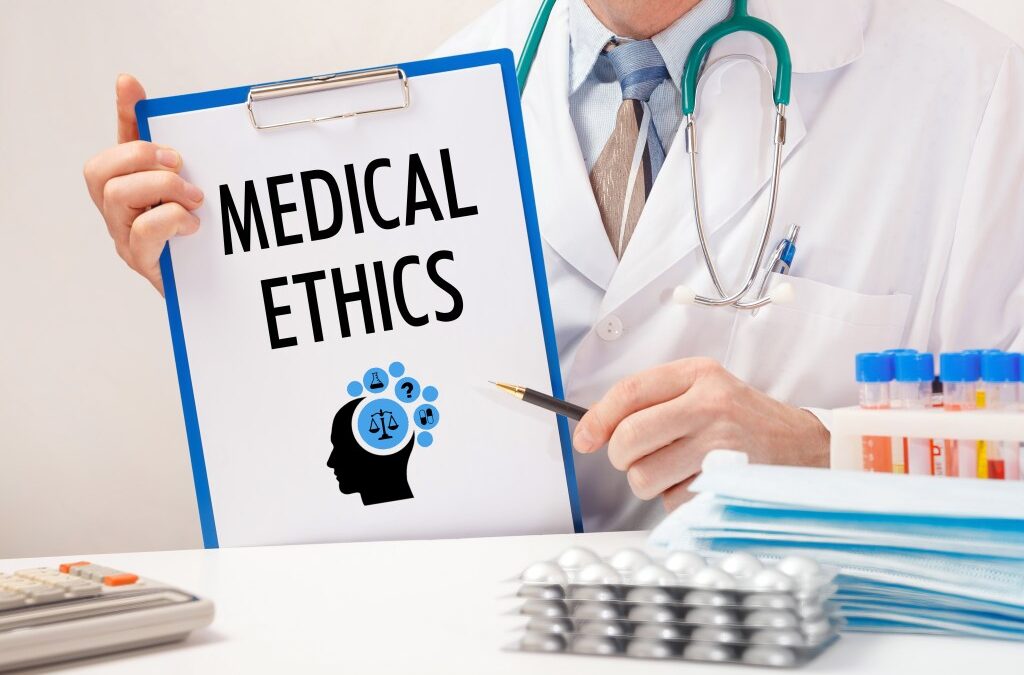

https://www.probityandethics.com/
GMC revalidation for doctors is a vital process to ensure that doctors practising in the UK meet the high standards required by the General Medical Council (GMC). It is not just a formal requirement; it plays a crucial role in maintaining public trust and supporting doctors in their commitment to providing safe and effective care. Understanding GMC revalidation for doctors, how it works, and its impact on medical practice is essential for every doctor.
GMC revalidation for doctors is the process by which doctors in the UK demonstrate to the GMC that they are up to date with medical practices, competent in their field, and fit to continue practising. Introduced in 2012, revalidation ensures that all doctors meet the professional standards outlined in the GMC’s Good Medical Practice guidelines. Typically, doctors undergo revalidation every five years. However, certain situations, such as a new job role or concerns about a doctor’s practice, may require an earlier revalidation.
Revalidation serves multiple objectives:
To successfully complete GMC revalidation for doctors, doctors must participate in various activities. These activities help reflect on their practice, learn from experiences, and demonstrate their commitment to maintaining professional standards.
Doctors must undergo annual appraisals with their designated body (usually their employer) or an independent appraiser. During these appraisals, they review their performance, achievements, and areas for development. Discussions often cover:
CPD is essential for revalidation. Doctors engage in educational activities to support their growth and stay updated with medical advancements. Activities can include:
The GMC does not specify a set number of CPD hours but expects regular and relevant activities that support the doctor’s practice.
Doctors must engage in quality improvement activities, demonstrating their commitment to enhancing patient care. Examples include:
Collecting feedback is crucial for revalidation. It provides insights into performance, behaviour, and communication skills. Doctors collect feedback from:
Reflective practice is key to GMC revalidation for doctors. Doctors reflect on their experiences, CPD activities, quality improvement projects, and feedback. This reflection helps them identify areas for growth and demonstrates self-awareness and a commitment to continuous improvement.
During appraisals, doctors discuss any complaints or significant incidents in their practice. Reflecting on these events, learning from mistakes, and taking corrective actions show a commitment to patient safety and professional standards.
The revalidation process involves several steps to ensure compliance with GMC standards:
Doctors participate in annual appraisals with a designated appraiser. During these appraisals, they review their practice, discuss feedback, set learning objectives, and develop a personal development plan (PDP).
Throughout the revalidation cycle (usually five years), doctors collect evidence of their CPD activities, quality improvement projects, feedback, reflective practice, and responses to complaints. This evidence is presented during annual appraisals.
The doctor’s responsible officer, usually a senior doctor or medical director within the designated body, reviews the evidence collected over the revalidation period. Based on this review, the officer makes a recommendation to the GMC:
The GMC reviews the responsible officer’s recommendation and supporting evidence. If approved, the doctor is revalidated, and their registration with a licence to practise is renewed.
GMC revalidation for doctors directly impacts a doctor’s ability to practise in the UK. Here’s how it affects your practice:
GMC revalidation for doctors is a fundamental aspect of medical practice in the UK. By engaging in revalidation, doctors not only meet regulatory requirements but also contribute to their professional development and the delivery of high-quality patient care. Understanding its components and impact is key to successful revalidation.
© Copyright 2025 Probity & Ethics. All Rights Reserved.